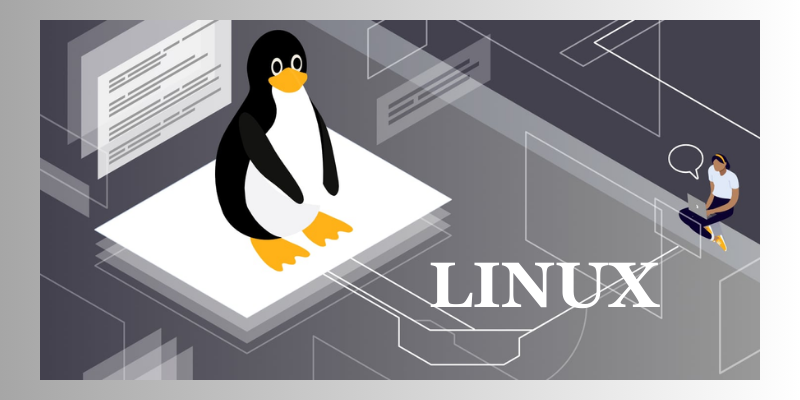In the ever-evolving world of technology, Linux has emerged as a transformative force reshaping the software landscape. Originally conceived as a Unix-like operating system kernel by Linus Torvalds in 1991, Linux has grown into a robust and versatile platform that influences everything from server infrastructure to embedded systems and mobile devices. In this blog post, we’ll explore the ways in which Linux is leaving an indelible mark on the software industry. Enthusiasts can choose to enroll in a Linux Course in Chennai, providing them with the opportunity to deepen their knowledge of open-source operating systems.
1. Fueling Collaboration and Innovation
At the heart of Linux’s impact is its open-source nature. Unlike proprietary software, Linux’s source code is freely available for anyone to view, modify, and distribute. This openness has fostered a culture of collaboration, where developers worldwide contribute to its improvement. This collaborative approach has led to the creation of a vast ecosystem of applications, tools, and distributions that cater to diverse needs.
2. Dominance in Server Environments
- Linux dominates the server market, powering a significant percentage of servers globally. Major corporations, cloud providers, and small businesses alike leverage Linux for its stability, security, and scalability. The LAMP stack has become the cornerstone for web servers, hosting a plethora of websites and web applications.
- The scalability of Linux makes it an ideal choice for both small-scale operations and large-scale cloud deployments. Technology enthusiasts have the option to enroll in Linux Online Courses, enabling them to enhance their understanding of open-source operating systems.
3. Mobile Revolution with Android
Linux has not only left its mark in the server room but has also played a pivotal role in the mobile revolution. Android, the world’s most widely used mobile operating system, is based on the Linux kernel. Android’s open-source nature has allowed manufacturers and developers to create a diverse range of devices and applications, contributing to the democratization of mobile technology.
4. Containerization and DevOps Transformation
- The rise of containerization technologies, spearheaded by Docker, has brought a paradigm shift in software development and deployment. Linux’s container-friendly architecture has made it the platform of choice for container orchestration tools like Kubernetes. Containers offer a lightweight and portable way to package and run applications, providing consistency across different environments.
- This shift towards containerization aligns with the broader industry trend of embracing DevOps practices. Linux empowers developers and operations teams with its command-line prowess and automation capabilities. This enables seamless collaboration, accelerates the development lifecycle, and enhances software quality.
5. Edge Computing and IoT Integration
As the Internet of Things (IoT) and edge computing gain prominence, Linux is playing a vital role in providing the underlying infrastructure. Its adaptability to various hardware architectures, low resource requirements, and security features make it a natural choice for edge devices. From smart home gadgets to industrial sensors, Linux is the backbone that supports the connectivity and intelligence of these devices. A significant number of individuals contemplate joining a Training Institute in Chennai to enhance their skills and expand their knowledge.
Linux’s impact on the software landscape is profound and far-reaching. Its open-source ethos, dominance in server environments, role in mobile technology, embrace of containerization, and presence in edge computing showcase its versatility. In a world where collaboration and adaptability are paramount, Linux stands as a testament to the power of open-source innovation, proving that a community-driven approach can reshape the software landscape for the better.

